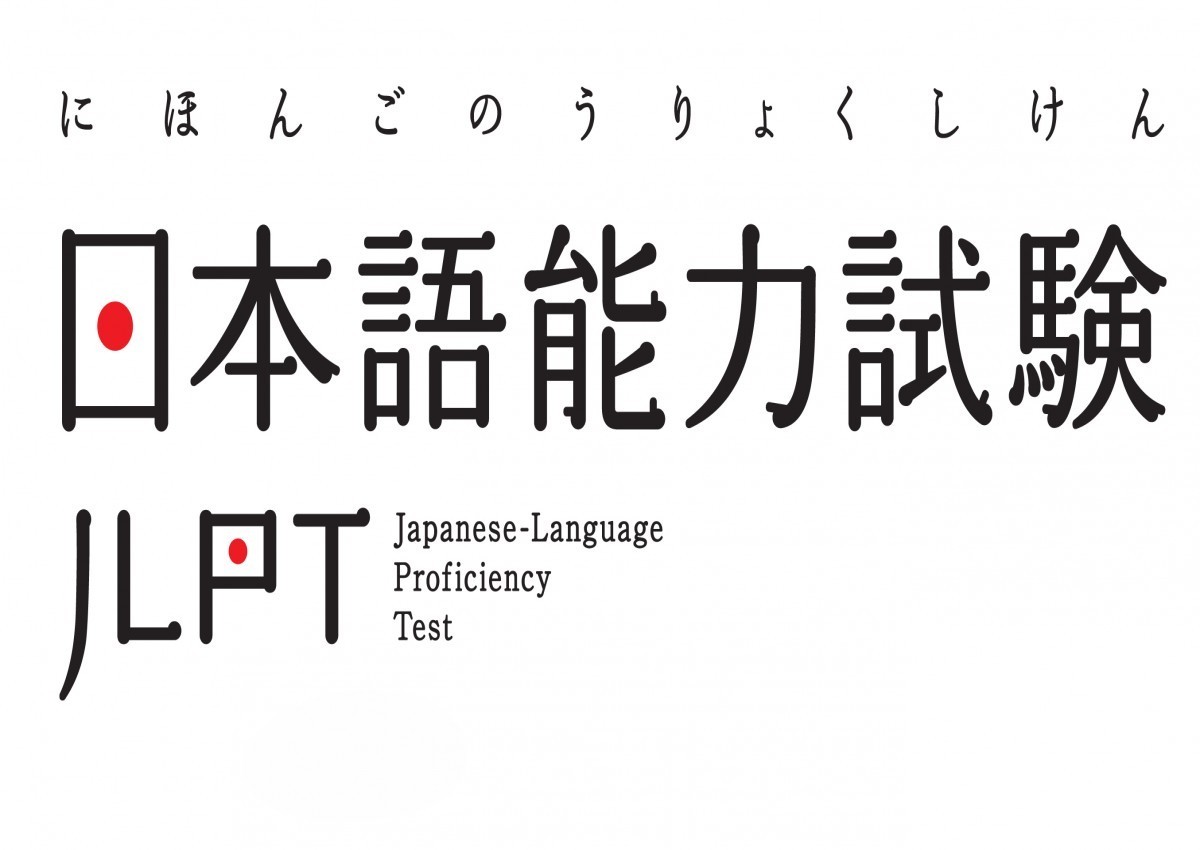05 Nov
"5 Common Misconceptions About JLPT Exam: Exclusive Insights From Japanese Teachers"
# 5 Common Misconceptions About JLPT Exam: Exclusive Insights From Japanese Teachers
The Japanese Language Proficiency Test (JLPT) is a widely recognized and respected examination for measuring proficiency in the Japanese language. It's taken by language learners worldwide who want to assess their skills and demonstrate their Japanese language proficiency. However, like any test, the JLPT has its share of misconceptions and myths that can lead to confusion and anxiety among test-takers. In this blog, we will debunk five common misconceptions about the JLPT with exclusive insights from Japanese teachers who have experience in JLPT preparation.
## Misconception 1: The JLPT Is Just a Vocabulary and Kanji Test
Many test-takers believe that the JLPT mainly tests vocabulary and kanji knowledge, making them focus heavily on memorization. While vocabulary and kanji are essential components, the JLPT evaluates various language skills, including grammar, reading comprehension, listening, and communication. Japanese teachers emphasize that a well-rounded approach to all aspects of the language is vital for success.
Misconception 2: JLPT N1 Equals Fluency
Some believe that achieving the highest level, N1, means reaching fluency in Japanese. Japanese teachers clarify that the JLPT evaluates advanced proficiency, but fluency encompasses more than what the exam covers. Fluency includes real-world communication skills, cultural understanding, and the ability to adapt to diverse contexts.
Misconception 3: You Can't Pass Without Formal Classes
There's a common belief that formal language classes are a prerequisite for JLPT success. Japanese teachers stress that self-study, supplemented by quality resources and guidance, can be equally effective. Many successful test-takers have achieved their goals through self-study, online resources, and practice tests.
Misconception 4: You Must Know Every Kanji Character
Test-takers often fear that they need to know every kanji character in existence to pass the JLPT. Japanese teachers explain that while a robust kanji knowledge is beneficial, the JLPT tests a specific set of characters. Focusing on the prescribed kanji for each level is more practical and effective.
Misconception 5: You Can't Pass Without Immersion in Japan
There's a misconception that you must live in Japan to pass the JLPT. While immersion is undoubtedly helpful, it's not a prerequisite for success. Many test-takers prepare and pass the JLPT while living outside Japan, thanks to online resources, language exchange partners, and dedicated self-study.
## Insights from Japanese Teachers
To dispel these misconceptions, we've gathered insights from Japanese teachers who have guided many students through their JLPT journeys. Here are their exclusive tips for JLPT success:
**1. Balanced Study Approach:** Japanese teachers emphasize the importance of a balanced study approach that covers all aspects of the language: vocabulary, kanji, grammar, reading, and listening. Focusing solely on one area can lead to unbalanced skills.
**2. Real-World Practice:** Incorporating real-world practice, such as speaking with native speakers or watching Japanese TV shows and movies, is crucial for enhancing listening and communication skills.
**3. Quality Resources:** Invest in quality JLPT preparation materials, textbooks, and practice tests. Many teachers recommend official JLPT prep books, which align with the test's structure and content.
**4. Consistency is Key:** Consistency in study is more important than cramming. Setting a regular study routine and sticking to it will yield better results over time.
**5. Self-Reflection:** Regular self-assessment is vital. Japanese teachers advise reviewing practice tests, identifying weak areas, and working on improvement strategies.
**6. Simulate Exam Conditions:** Practice tests under actual exam conditions to become familiar with time constraints and the test environment. This reduces anxiety during the actual exam.
**7. Seek Support:** Don't hesitate to seek guidance from experienced teachers or mentors who can provide valuable insights and answer your questions.
In conclusion, the JLPT is a challenging but achievable goal for anyone learning Japanese. By addressing these common misconceptions and heeding the advice of Japanese teachers with JLPT expertise, you can navigate your JLPT preparation with confidence and success. Remember that passing the JLPT is not just about the score; it's a testament to your dedication and commitment to mastering the Japanese language.










